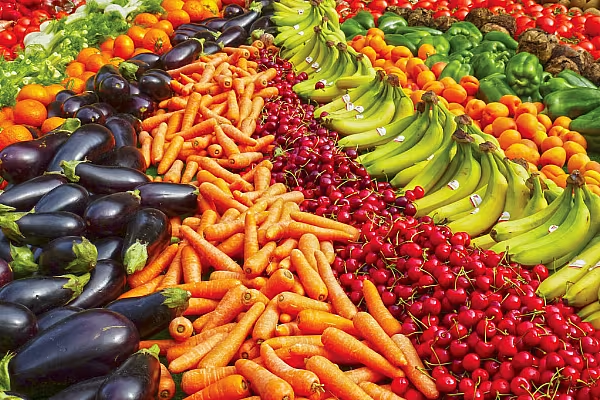German fruit and vegetable prices may increase following coronavirus-related travel bans that are preventing east Europeans from gathering harvests at domestic farms, the head of the country's farming association DBV said in a newspaper report.
Germany's decision to close borders and restrict travel means many thousands of seasonal workers, mainly from east Europe, cannot start planting and harvesting vegetables and fruit, DBV president Joachim Rukwied told the daily Neue Osnabruecker Zeitung on Wednesday.
European Union countries should allow the hundreds of thousands of seasonal migrant workers who plant or harvest crops to cross borders despite national measures to contain the coronavirus, the EU Commission said on Monday.
Border Controls
Countries across the EU have set up border controls to stem the virus outbreak, which have also resulted in delayed food and medical supplies.
"We reckon that we will face overall reduced supplies of fruits and vegetables," Rukwied told the newspaper. Some farmers were considering cancelling orders for seeds and plants because of the lack of workers, he added.
German agriculture minister Julia Kloeckner said she is seeking agreement with the country’s interior ministry on the issue as "we cannot do without extra seasonal farm workers.”
Germany needs to find a balance between the need to prevent the coronavirus spreading and the need for seasonal workers to help on farms, she said on German television ARD.
"We must find an answer, we cannot leave farmers hanging on this," Kloeckner said.
Lack Of Workers
German producers warned that the lack of workers meant vegetables may not get harvested, even though the country's government has announced certain measures, including a new website for people seeking work on farms.
It may not be possible to compensate for smaller German fruit and vegetable harvests with imports as other EU producing countries are suffering the same problems, Rukwied said.
Proposals by the German government to allow laid-off workers and unemployed to work on farms without loss of state benefits was not enough, he added.
News by Reuters. Click subscribe to sign up to ESM: European Supermarket Magazine.














